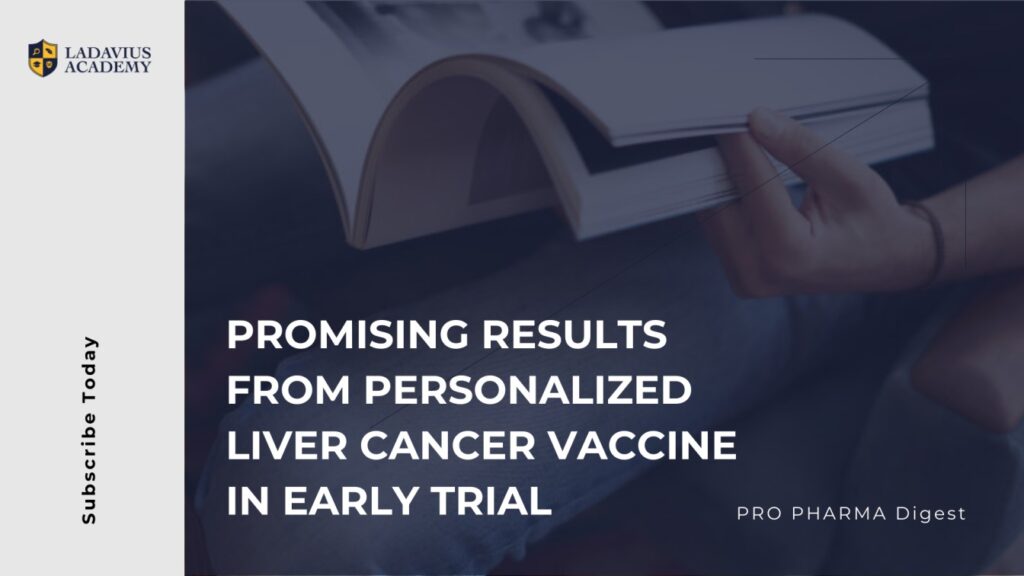Liver cancer, with hepatocellular carcinoma (HCC) being the most common type, is a major global health concern. Sadly, the five-year survival rate for HCC is very low.
Personalized Vaccine Shows Promise in Early Trial
Researchers at Johns Hopkins Kimmel Cancer Center are showing positive progress in developing a personalized vaccine for liver cancer. This early-stage clinical trial offers a potential new approach to treating this deadly disease.
The study, recently published in Nature Medicine and presented at the American Association for Cancer Research meeting, involved 36 patients with HCC. Doctors extracted tumor biopsy cells to identify unique genetic mutations within each patient’s cancer. Using this information, they created personalized vaccines containing DNA specific to those mutations.
These vaccines work by training the immune system to recognize and attack abnormal proteins produced by the mutated genes in cancer cells. The personalized vaccines were then combined with Keytruda (pembrolizumab), a standard immunotherapy drug.
Encouraging Results: Improved Tumor Shrinkage and Complete Remission
The results are encouraging. Nearly a third of patients experienced significant tumor shrinkage, which is roughly double the response rate seen with Keytruda alone in other studies. Additionally, some patients (around 8%) achieved complete remission, meaning all traces of the tumor vanished after treatment. Importantly, the researchers reported no serious side effects.
Personalized Vaccine Boosts Immunotherapy Effectiveness
The key to this approach seems to be the combination. The personalized vaccine helps the body’s T cells recognize and target the specific mutations in the tumor, enhancing the effectiveness of the immunotherapy drug.
Larger Trial Needed to Confirm Findings
“This study provides evidence that a personalized cancer vaccine can improve responses to immunotherapy,” says Dr. Mark Yarchoan, a lead researcher in the study. He emphasizes the need for a larger, randomized trial to confirm these findings, but views the results as “incredibly exciting.”
This personalized vaccine approach holds promise for significantly improving the outlook for liver cancer patients.
Posted April 2024.
Subscribe to our newsletter
Personalised by your preferences, subscribe to our newsletters to get the best of the Pharmaceutical Industry news in your inbox.
